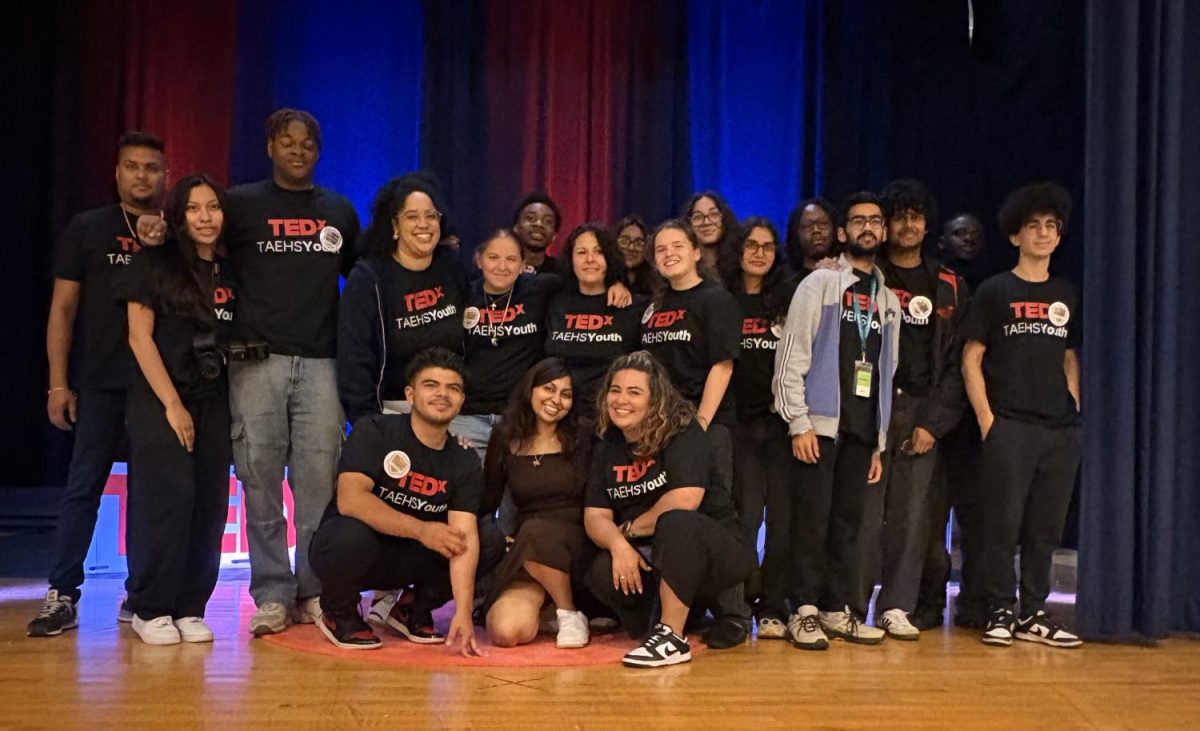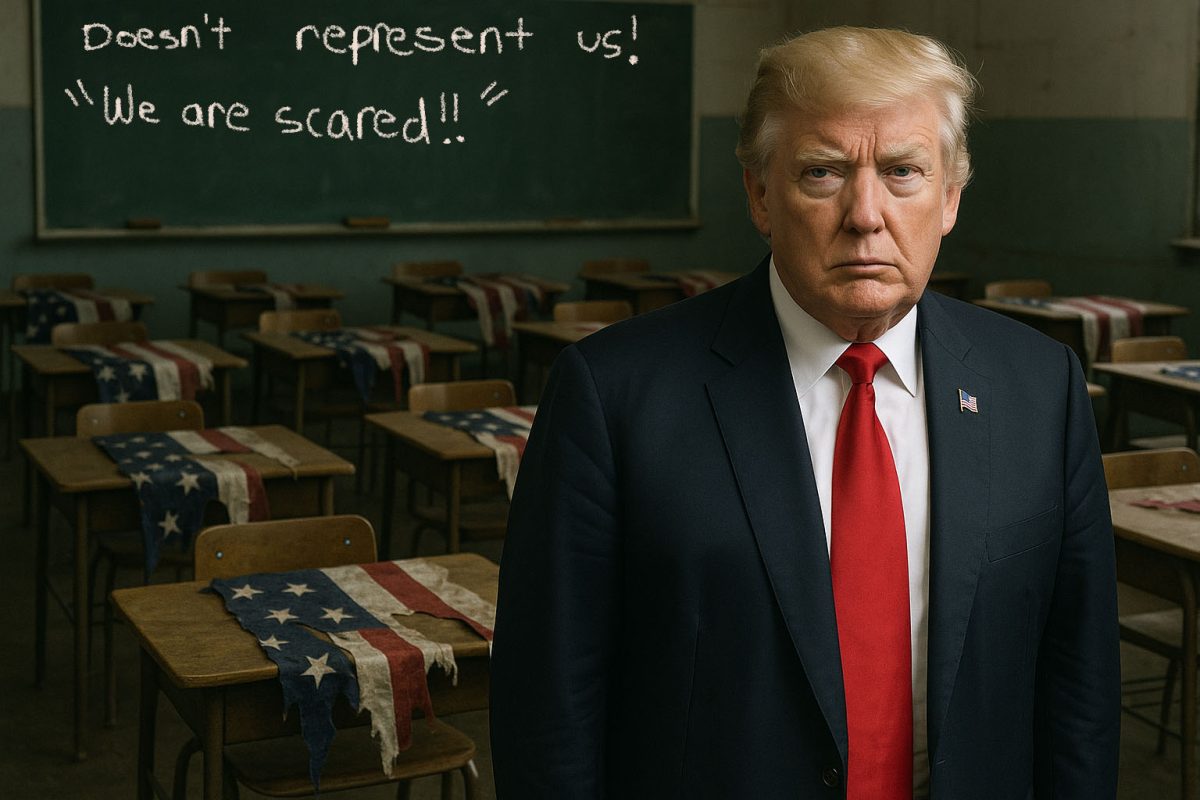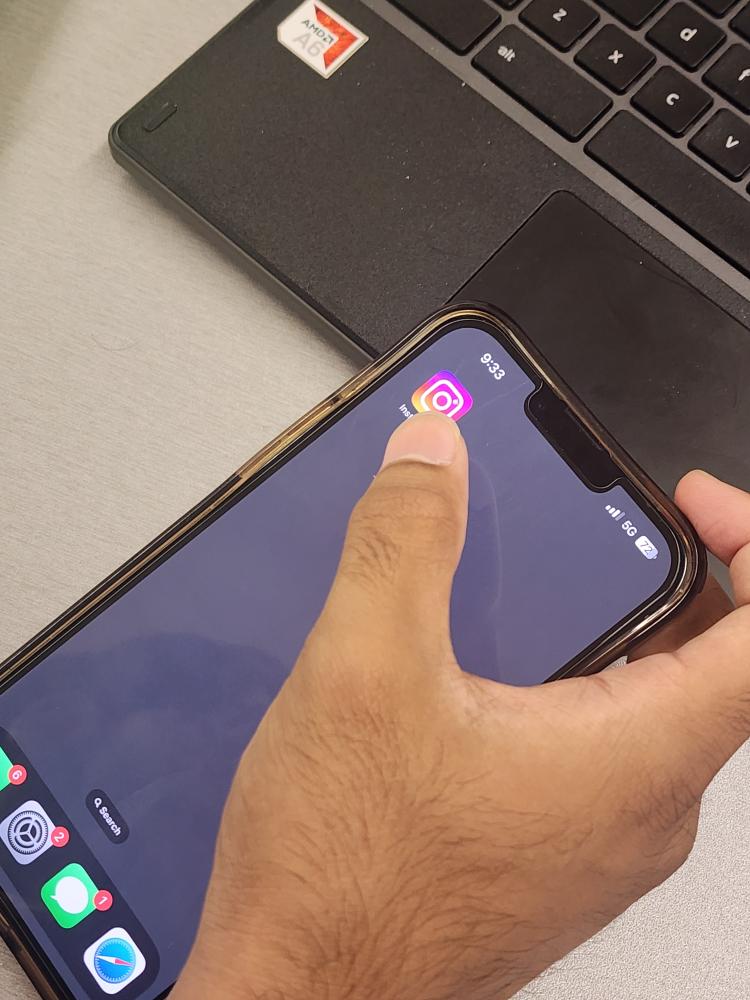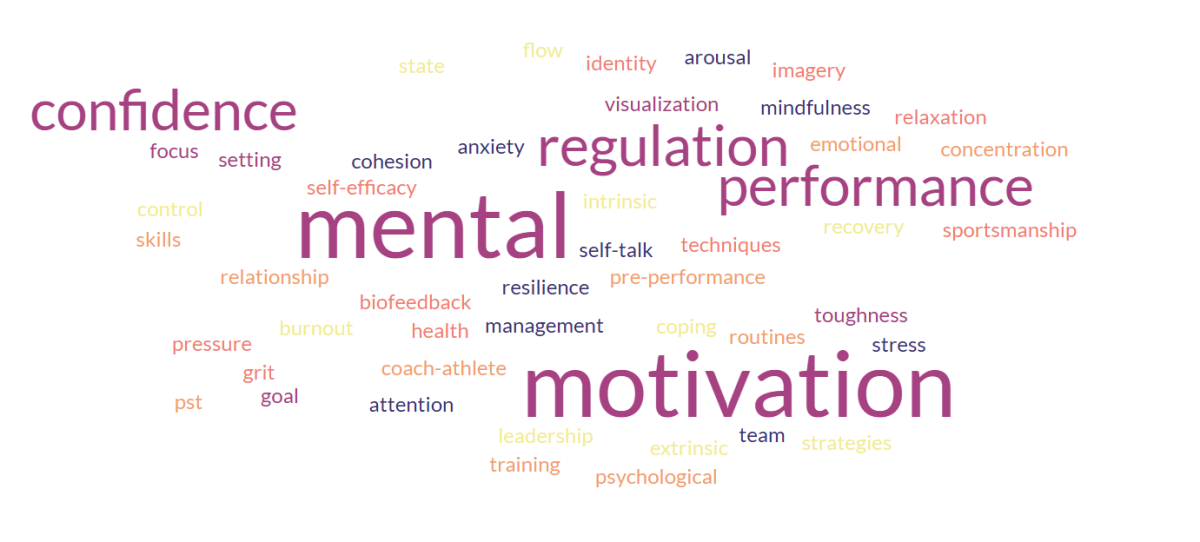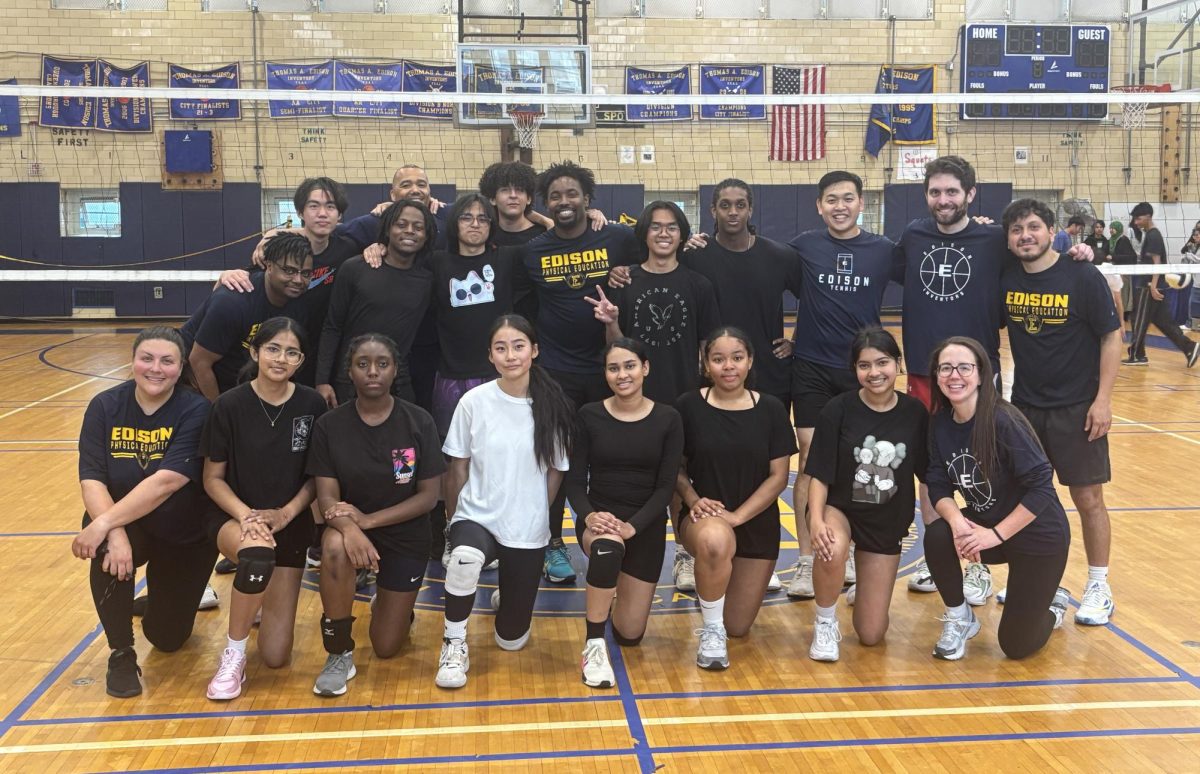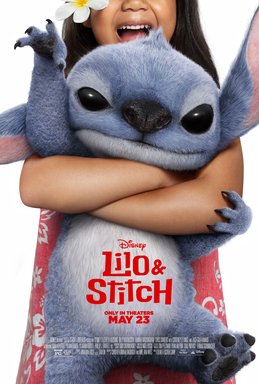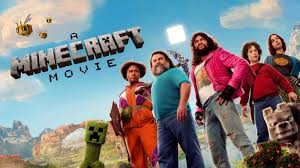Cancel Culture is pervasive in today’s society, with individuals being held “accountable” for their actions and provocative words. Many Americans pretend that Cancel Culture is something altogether new, established by an infantile generation.
Cancel Culture or holding someone accountable is not new. If I disagree with something a politician or celebrity says, am I not permitted to share my opinion? Every controversial statement someone makes has ramifications, and accountability is one of them. Cancel Culture is a new term for what people in the 1900s used to call “political correctness.” It is doing the same thing that the older generation used to do, but it has become much more dramatic than it did before.
Critics are quick to point out that Cancel Culture “limits free speech,” but how is that possible when the whole essence of Cancel Culture is the right to say whatever you want and express your disapproval? When a public figure has the freedom of speech to express their beliefs, do we not have the right as citizens to express our disagreement with those opinions? We have the right to express ourselves, whether through boycotting their albums, or companies or by commenting on social media. And why not cancel these public personalities who believe they have the right to speak whatever they want?
This was the original meaning of Cancel Culture, but I’m not sure if the concept still exists in modern culture. Cancel Culture has devolved into nothing more than a means of having fun and creating memes out of particular celebrities due to boredom. This raises the issue, are these people genuinely “canceled?”

AJ Willingham, a Senior Writer for CNN Digital in Atlanta, covers internet subcultures and religion in her articles.
In her article, “It’s time to Cancel this talk of cancel culture”, she states, “People who are allegedly canceled still prevail in the end.” Let’s take a look at some of the public celebrities that have been “canceled.”
Dr. Seuss is or “was’ ‘ under widespread criticism for racist depictions in his well-known works. In the book And to Think That I Saw It on Mulberry Street, there’s a picture of an Asian person wearing a pointy hat, holding chopsticks, and eating from a bowl. In If I Ran the Zoo, there’s a drawing of two African men with no shoes, wearing what looks like grass skirts, and their hair tied up. Despite the outrage and the fact that his books were banned from being sold or printed, he managed to stay on the bestseller list, with sales rocketing. So did canceling Dr. Seuss’s books work, if he only received more profit?
Then, in recent days, we have Kanye West, a well-known rapper among Gen-Z, who makes headlines due to his highly controversial opinions.
Kanye made anti-Semitic statements on Twitter, but is this his first time doing so? No. West has been criticizing Jewish people on podcasts. In an interview with Alex Jones on the Infowars talk show, West and white supremacist Nick Fuentes lauded Adolf Hitler and advised that people “stop dissing the Nazis.” Despite this, Kanye West is still relevant today, with people buying his albums, attending his shows, and even adoring him. This individual was “canceled” in name only, but this merely strengthened his popularity, encouraging him to continue making such statements. How can we tolerate this in such a sensitive society?
Other celebrities, such as James Charles and Shawn Mendes, were reportedly canceled a few years ago, but how long did this last? Cancel Culture is not a long-term entity, as evidenced by these examples; they are called out once, hated for months, and then everyone forgets what happened. James Charles’ makeup line is doing well, and while people continue to make jokes about him being canceled for pursuing younger men, he is still doing well for himself.
This leads to my second point about Cancel Culture. Is Cancel Culture being utilized by celebrities to promote their brands or to stay relevant?
Austin Mcbroom of the popular YouTube channel “The Ace Family” was recently “canceled” for cheating on his wife multiple times, being in debt, and being accused of rape.
Austin spoke publicly about the accusations made against him. Despite him taking legal action against these allegations, the Ace Families social media following, which has nearly 18 million subscribers, hasn’t been affected by the recent scandal. Furthermore, Mcbroom has only gone viral with his Snapchat stories in which he shows himself going through mental health issues and how he is coping. Although people are aware of what Mcbroom has done, he is only becoming a meme, a person people look forward to watching because of how entertaining his stories are. In the end, did he use Cancel Culture for his profit? I would strongly agree that he did.
Cancel Culture is a practice I encourage, although it might be used for drama, it does work. When the justice system fails to punish wrongdoers for their very evident crimes, Cancel Culture ends up taking that responsibility. Harvey Weinstein, who escaped consequences for over 25 years of sexual abuse and numerous lawsuits, led to Cancel Culture playing a great role as public pressure and social media forced action. The “#metoo” movement began which shed light on many cases of sexual assault, bringing many to justice. People resort to canceling culture for justice, blurring the lines between the two.
As our society progresses towards greater inclusivity, it’s becoming increasingly important to be mindful of our words and actions. Speaking out against harmful behavior positively contributes to the betterment of our community. The emergence of cancel culture has initiated a shift in power dynamics, prompting those in positions of influence to reevaluate their conduct. While predominant power structures still predominantly favor white, male, and affluent individuals, marginalized groups such as people of color and women are gradually gaining prominence, asserting their influence through platforms like social media.
Works Cited:
Aniftos, R. (2022, December 1). Kanye West Praises Hitler in Alex Jones Interview: ‘I Also Love Nazis.’ Billboard. https://www.billboard.com/music/music-news/kanye-west-praises-adolf-hitler-1235179653/
Willingham. (2021, March 7). It’s time to cancel this talk of ‘cancel culture.’ CNN. Retrieved February 16, 2024, from https://www.cnn.com/2021/03/07/us/cancel-culture-accountability-reality-trnd/index.html
D’amour, A. (2020, April 2). Cancel Culture: The Good, The Bad, & Its Impact on Social Change – On Our Moon. On Our Moon. https://onourmoon.com/cancel-culture-the-good-the-bad-its-impact-on-social-change/

